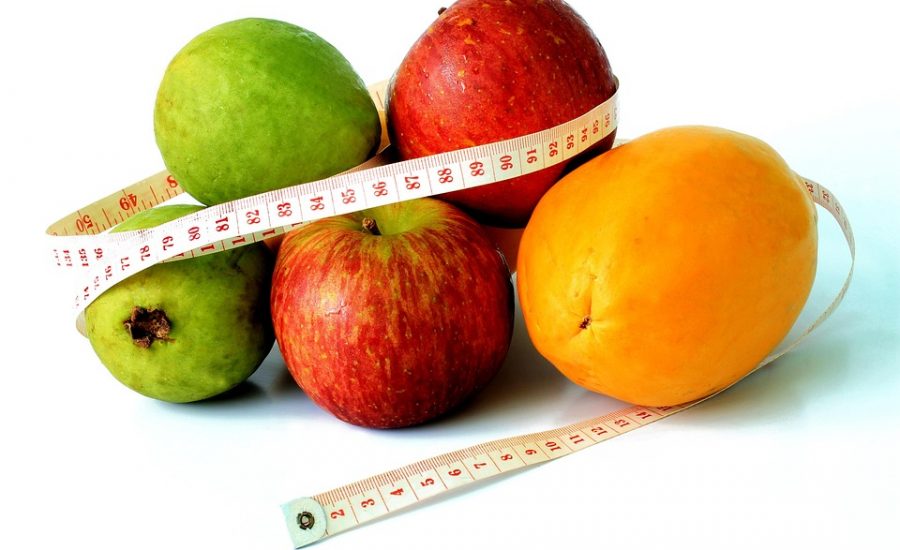Understanding the concept of a calorie deficit is crucial for anyone looking to manage their weight effectively. Whether you’re aiming to lose, maintain, or even gain weight, a firm grasp on calories can be the key to achieving your personal health goals. In this comprehensive guide, we’ll dive deep into what a calorie deficit is, how it works, and effective strategies to incorporate it into your lifestyle.
What is a Calorie Deficit?
A calorie deficit occurs when you consume fewer calories than your body expends. It’s the fundamental principle behind weight loss. To maintain your current weight, you need to eat a number of calories that matches your energy expenditure. When you consistently consume less, your body starts to use stored fat for energy, leading to weight loss over time.
The Science of Calorie Deficit
- Energy Balance: Your body requires energy to function, measured in calories. This energy comes from the food you eat—comprising carbohydrates, proteins, and fats.
- Basal Metabolic Rate (BMR): This is the number of calories your body needs to maintain basic physiological functions at rest. Your BMR accounts for roughly 60-75% of your total daily calorie expenditure.
- Total Daily Energy Expenditure (TDEE): This includes your BMR plus the calories burned through daily activities and exercise. Understanding your TDEE is essential for creating an effective calorie deficit.
How to Determine Your Calorie Needs
To establish an effective calorie deficit, the first step is knowing how many calories you should be consuming.
- Calculate Your BMR: You can use various online calculators that take into account your age, gender, height, and weight.
- Determine Your Activity Level:
- Sedentary (little or no exercise): BMR x 1.2
- Lightly active (light exercise/sports 1-3 days a week): BMR x 1.375
- Moderately active (moderate exercise/sports 3-5 days a week): BMR x 1.55
- Very active (hard exercise/sports 6-7 days a week): BMR x 1.725
- Super active (very hard exercise & a physical job): BMR x 1.9
Multiplying your BMR by your activity level gives you your TDEE. To lose weight, aim for a calorie deficit of 500 to 1,000 calories per day, which generally leads to a safe weight loss of about 1-2 pounds per week.
Setting Up a Calorie Deficit
Now that you understand how to determine your calorie needs, let’s look at some effective strategies for creating a calorie deficit.
1. Monitor Your Food Intake
Tracking what you eat can help you become more aware of your eating habits. Use apps like MyFitnessPal or Lose It! to keep tabs on your calorie consumption.
- Food Journals: Write down what you eat daily. This practice can help you identify high-calorie foods and make healthier choices.
- Portion Control: Be mindful of portion sizes. Using smaller plates can help prevent overeating.
2. Choose Nutrient-Dense Foods
Focus on foods that are low in calories but high in nutrients. These include:
- Vegetables: Leafy greens, broccoli, and bell peppers are low in calories and rich in vitamins.
- Fruits: Berries, apples, and oranges provide fiber and essential nutrients with fewer calories.
- Lean Proteins: Chicken, fish, tofu, and legumes can help you feel full longer.
3. Incorporate Physical Activity
Exercise is a powerful tool in creating a calorie deficit. Here’s how you can make it work for you:
- Cardiovascular Exercises: Activities like running, cycling, or swimming can burn significant calories.
- Strength Training: Building muscle increases your BMR, helping you burn more calories at rest.
- Increase Daily Movement: Simple changes like taking the stairs instead of the elevator can add up.
4. Stay Hydrated
Sometimes, our bodies confuse thirst with hunger. Drinking plenty of water can help you stay hydrated and reduce unnecessary snacking.
- Aim for 8-10 cups of water daily.
- Consider drinking a glass of water before meals to help fill you up.
5. Plan Your Meals
Meal planning can save time and help you control what you eat, making it easier to stick to your calorie goals.
- Prepare meals in advance to avoid last-minute unhealthy choices.
- Include a variety of foods to keep your diet interesting and balanced.
Benefits of a Calorie Deficit
Creating a calorie deficit is not just about losing weight; it can have several other health benefits:
- Improved Energy Levels: Eating balanced meals can lead to better energy levels throughout the day.
- Enhanced Mood: Regular exercise and healthy eating habits can reduce anxiety and improve mood.
- Healthy Lifestyle Changes: Learning about calories can promote better nutrition and lifelong healthy habits.
Potential Pitfalls of a Calorie Deficit
While a calorie deficit is essential for weight loss, there are potential pitfalls to be aware of:
- Over-restriction: Drastically cutting calories can lead to nutrient deficiencies and decrease metabolism.
- Yo-Yo Dieting: Extreme calorie restriction followed by binge eating can lead to cycles of weight loss and gain.
- Balance and Moderation: It’s crucial to enjoy your favorite foods in moderation to maintain a positive relationship with food.
Conclusion
Understanding and implementing a calorie deficit is a powerful tool for effective weight management. By calculating your calorie needs, adopting healthier eating patterns, and incorporating regular exercise, you can achieve your weight goals and enhance your overall wellbeing.
Remember, it’s essential to approach weight management holistically. Focus on creating sustainable habits rather than quick fixes, and consult with healthcare professionals when necessary. With the right strategies and mindset, you’re well on your way to achieving and maintaining a healthy weight.
Start Your Journey Today!
Now that you have the ultimate guide to calorie deficits, it’s time to take action. Whether you’re just starting or looking to refine your approach, remember to be patient with yourself. Good luck on your weight management journey!








 Weight Loss, Unlocked.
Weight Loss, Unlocked.